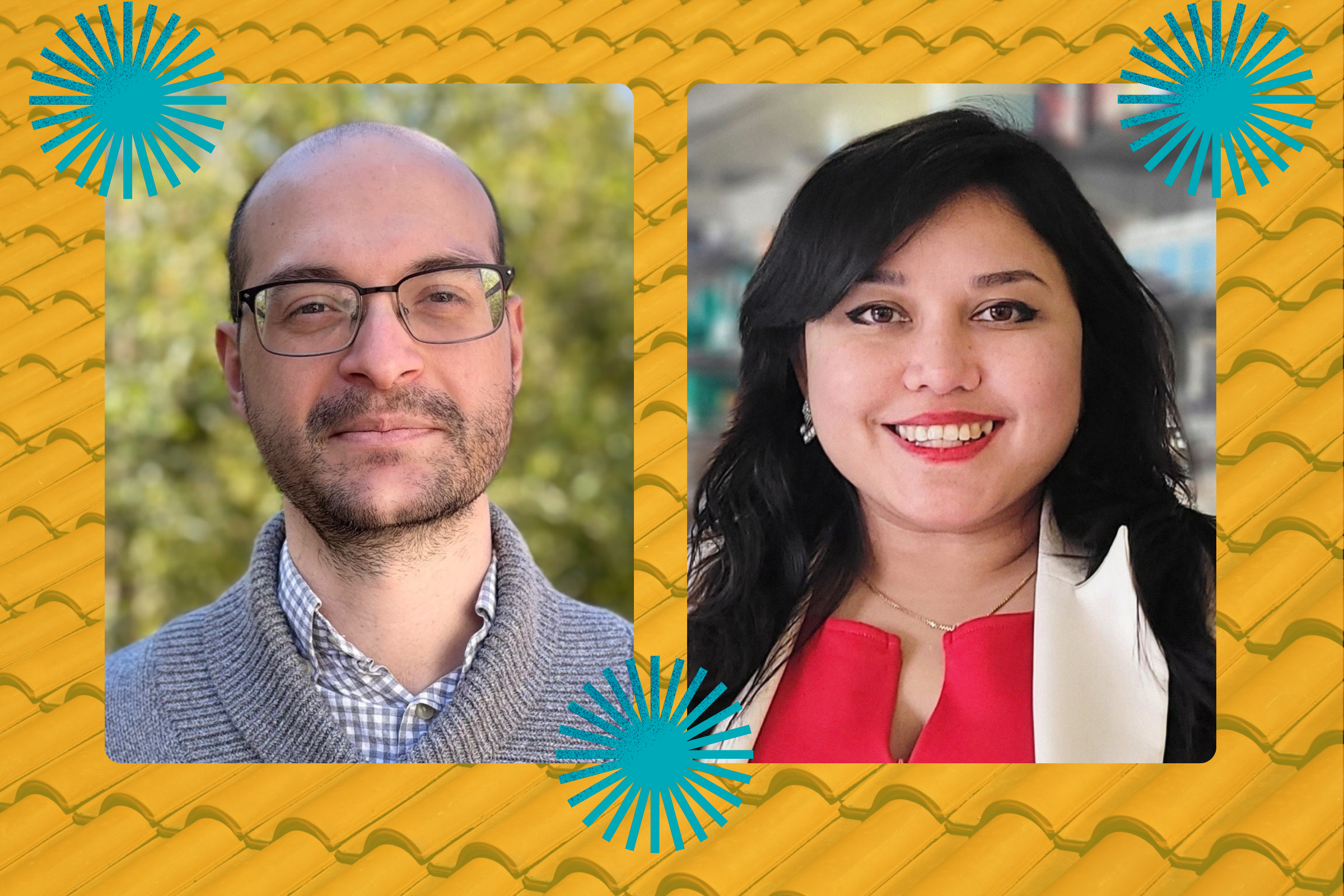Allan MacDonald Wins Wolf Prize in Physics
UT Austin's Allan MacDonald has received the 2020 Wolf Prize which is generally considered the most prestigious award in physics other than the Nobel Prize.

Allan MacDonald, a professor of physics at The University of Texas at Austin, has received the 2020 Wolf Prize in Physics for his groundbreaking work in a field known as twistronics, which holds extraordinary promise to "lead to an energy revolution," according to the Wolf Foundation announcement today.
Given annually in Israel, the Wolf Prize is generally considered the most prestigious award in physics other than the Nobel Prize. The prize is given to top scientists and artists from around the world for "their significant contribution[s] to humankind."
MacDonald shares the 2020 Wolf Prize in Physics with Pablo Jarillo-Herrero of MIT and Rafi Bistritzer, a former postdoctoral researcher in MacDonald's lab who now works at Applied Materials in Israel.
An international committee of world-renowned physicists served on the selection committee that awarded the researchers this year's prize for pioneering theoretical and experimental work on twisted bilayer graphene.
Since 2004, physicists have been working to understand the properties of the two-dimensional material called graphene and its potential uses in a variety of technologies. MacDonald, a theoretical physicist and the Sid W. Richardson Foundation Regents Chair in Physics #1, researched intriguing behavior linked to layering graphene at a slight angle. Using high-powered computers at the Texas Advanced Computing Center, MacDonald and Bistritzer calculated that the tunneling velocity of electrons between two layers depends on their being at a slight angle, completely vanishing at the "magic angle" of 1.1 degrees. The pair hoped their discovery would lead to experiments, including potentially to discover whether the properties might include a special type of superconductivity.
Jarillo-Herrero, an experimentalist working on twisted bilayer graphene in his lab at MIT, used the ideas advanced by MacDonald and Bistritzer in 2017. He found that the magic angle resulted in the unusual electrical properties the UT scientists had predicted. At 1.1 degrees at sufficiently low temperatures, electrons move from one layer to the other, creating a lattice and the phenomenon of superconductivity, a discovery that physicists around the world quickly celebrated. The magic angle allows electrical current to pass unimpeded, apparently without energy loss.
According to the Wolf Foundation, "This electrical behavior resembles the behavior of copper-based superconductors called Cuprates, [which] demonstrate electrical conductivity with no resistance in relatively high temperatures compared with other superconductors. For this reason, Cuprates now form a source of hope for realizing the dream of electrical conductivity with no energy loss at temperatures close to room temperature. If this mission is achieved, it would lead to a far-reaching energy revolution."
MacDonald's previous awards and recognitions include being named a fellow of the American Physical Society, a member of the American Academy of Arts and Sciences and a member of the National Academy of Sciences. He is also a recipient of the Herzberg Medal, the Ernst Mach Honorary Medal and the Buckley Prize. He received his B.Sc. degree from St. Francis Xavier University in Canada and his Ph.D. degree in physics from the University of Toronto. Since 2000, he has been on the faculty at UT Austin, where his research covers the quantum Hall effect, electronic band structure theory, magnetism and superconductivity.
The 2020 Wolf Prize for Science and Art laureates were announced at the presidential residence of Israeli President Reuven Rivlin. The three winners of this year's Wolf Prize for Physics will split a $100,000 cash award. The Awarding Ceremony will take place on June 11th in Jerusalem.
Now in its 42nd year, the Wolf Prize was also announced for six other recipients in fields including art, agriculture, medicine and mathematics. Approximately one-third of all Wolf Prize laureates go on to receive Nobel Prizes in their fields, including UT Austin alumnus James Allison, who won a Wolf Prize in Medicine in 2017 and received the Nobel Prize in 2018.



